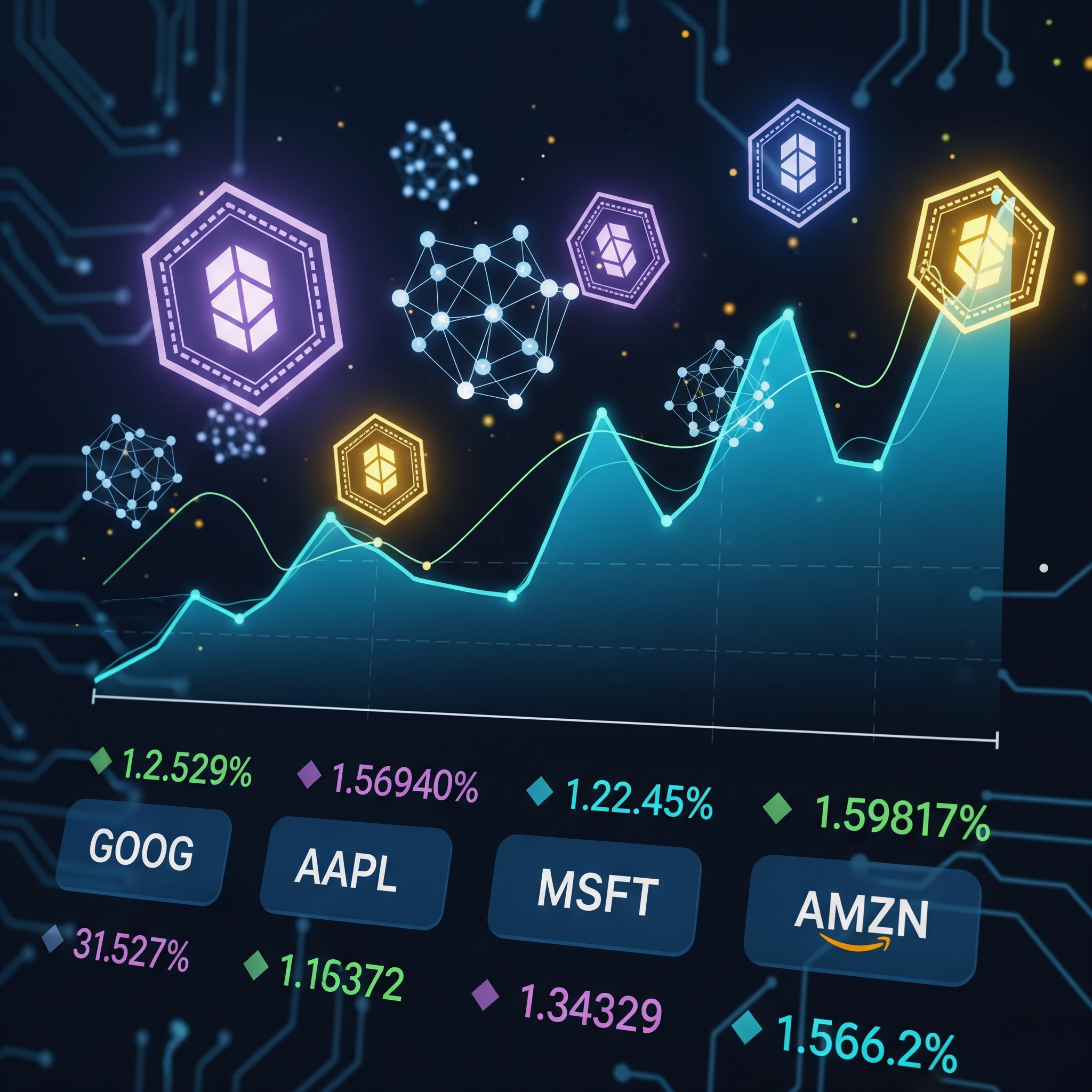The convergence of blockchain and artificial intelligence (AI) is shaping a new era of technological innovation. While AI revolutionizes industries with intelligent automation and data-driven insights, blockchain provides a foundation of security, transparency, and decentralization. Together, these two cutting-edge technologies have the potential to address key challenges in AI development, particularly in areas like data security, user privacy, and decentralized collaboration.
Blockchain’s Contribution to AI Development
At its core, blockchain is a decentralized ledger that ensures data integrity and transparency. When applied to AI, this technology provides a robust framework to support decentralized AI models. These models, unlike their centralized counterparts, rely on distributed networks for data processing, decision-making, and model training.
Blockchain offers several critical benefits to AI:
- Enhanced Data Security: Blockchain’s immutable records ensure that data used to train AI models remains unaltered and traceable, mitigating risks of data tampering or unauthorized modifications.
- User Privacy Protection: By allowing users to share data through encrypted, permissioned systems, blockchain ensures that sensitive information remains private while still contributing to AI development.
- Decentralized Collaboration: Blockchain enables multiple stakeholders to contribute to AI model training without relying on a single centralized authority. This fosters global collaboration and ensures a diverse range of inputs.
Decentralized AI: A Paradigm Shift
Traditional AI systems rely heavily on centralized servers and massive datasets, often controlled by a few tech giants. This raises concerns about monopolization, data misuse, and lack of transparency. Decentralized AI, powered by blockchain, shifts this paradigm by distributing control and data ownership.
For instance, decentralized AI networks can leverage blockchain smart contracts to automate processes like data sharing, incentivizing participants with tokens. This approach not only democratizes AI but also promotes trust among stakeholders by providing a transparent record of all interactions.
Use Cases of Blockchain in AI
- Data Provenance: AI models require vast amounts of data to function effectively. Blockchain ensures that the data used is authentic, traceable, and free from biases, enhancing the reliability of AI predictions.
- Federated Learning: Blockchain facilitates federated learning, where AI models are trained across multiple devices without sharing raw data. This protects user privacy while enabling collaborative AI training.
- AI Model Auditing: Blockchain can store AI algorithms and their training processes, providing an immutable record for audits. This increases accountability and reduces the risks of unethical AI behavior.
- Marketplace for AI Services: Blockchain-based platforms can create decentralized marketplaces where developers and organizations exchange AI models, datasets, and services, fostering innovation and reducing costs.
Blockchain and AI: Challenges and Opportunities
While the synergy between blockchain and AI holds immense potential, it is not without challenges. Blockchain’s scalability issues and energy consumption need to be addressed for seamless integration with AI. Similarly, AI models must be designed to work efficiently within decentralized systems.
However, the opportunities far outweigh the challenges. By combining blockchain’s transparency with AI’s analytical power, industries can unlock new possibilities, from personalized healthcare solutions to fraud detection in financial services.
The Future of Blockchain-Enabled AI
As blockchain and AI technologies evolve, their integration will become more seamless and impactful. Projects like SingularityNET and Fetch.ai are already exploring how decentralized networks can power intelligent systems, setting the stage for a future where AI respects user privacy and operates with unparalleled transparency.
The role of blockchain in emerging AI is not just supportive—it is transformative. By addressing the critical issues of trust, privacy, and collaboration, blockchain paves the way for a more equitable and innovative AI ecosystem.




